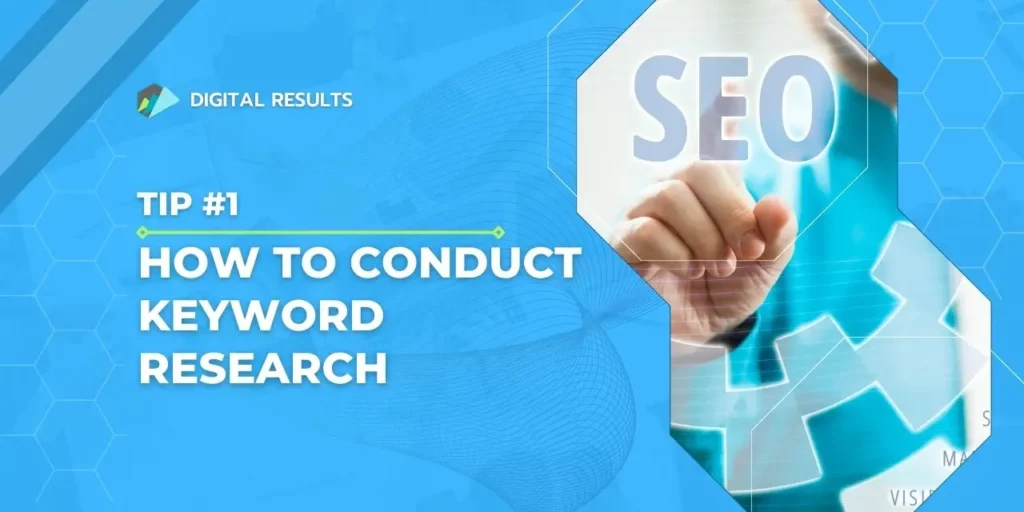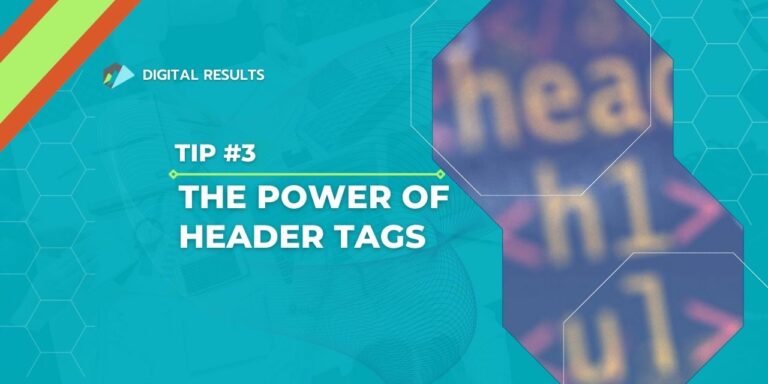
How to Conduct Keyword Research and Use Relevant Keywords in Page Titles and Meta Descriptions
If you want to improve your website’s search engine optimization (SEO), it’s essential to conduct keyword research and use relevant keywords in your page titles and meta descriptions. By doing so, you’ll increase the chances of your website ranking higher on search engine results pages (SERPs), which can drive more traffic to your site.
We want to share what keyword research is, why it’s important, and how to use relevant keywords in your page titles and meta descriptions. We’ll also provide tips and best practices for optimizing your website’s SEO through keyword research.
Understanding Keyword Research
Keyword research is finding the right keywords to target for your website. It involves finding out what terms people use to search for products, services, and information they are interested in. By identifying these keywords, you can optimize your website’s content to rank higher on SERPs and attract more traffic to your site.
One way to conduct SEO keyword research is by using tools that can help you identify popular keywords related to your business or industry. You can use tools like Ahrefs and Moz to identify gaps in your keyword strategy, then brainstorm ways to fill those gaps.
When conducting keyword research, choosing the right keywords to target is essential. You’ll want to select keywords with high search volume, low competition, and relevance to your business or industry. It’s also vital to consider long-tail keywords, which are longer phrases that are more specific to your product or service. These can be less competitive and easier to rank for.


Using Keywords in Page Titles
Page titles are among the most important on-page SEO factors. They’re the first thing people see in search engine results and can significantly impact your website’s click-through rate (CTR). Using relevant keywords in your page titles can help improve your website’s visibility on SERPs and increase your CTR.
When creating your page titles, it’s essential to keep them concise, descriptive, and relevant to the content on your page.
It’s important to include your primary keyword in the title of your blog post, but don’t go overboard. If you use keywords sparingly or in a way that seems unnatural, search engines may penalize you.
In addition to including your primary keyword, you can also use modifiers like “best,” “top,” “guide,” and “review” to make your titles more compelling and relevant to searchers. For example, “10 Best Coffee Shops in St. Petersburg” is a more compelling title than “Coffee Shops in St. Petersburg”.
Why Writing Effective Meta Descriptions Matters
Meta descriptions are short, SEO-friendly summaries that appear below your page title in search results.
While they don’t directly impact your website’s ranking, they can influence whether or not people click on your website. A well-crafted meta description can improve your website’s CTR and drive more traffic.
When writing meta descriptions, it’s important to keep them concise, descriptive, and relevant to the content on your page. In your meta description, include your primary keyword and ensure it’s placed toward the beginning of the description. The meta description should accurately describe what visitors can expect to find on your page and what sets your content apart from others on the same topic.
You can also use modifiers in your meta descriptions to make them more compelling and relevant to searchers. For example, “Discover the best coffee shops in St. Petersburg, including downtown, near the beach, and where locals like to get their java. Make sure to see this list.” is a more effective meta description than “Discover coffee shops in St. Petersburg.”.
The Importance of Keyword Relevance
When choosing keywords to target for your website, remember that the terms should be relevant to your content and the people who will be reading it. If your website’s content differs from the keywords you’re targeting, you may attract visitors who are not interested in what you offer. This can result in a high bounce rate, negatively impacting your website’s SEO.
To make your content more persuasive, choose relevant keywords and weave them naturally throughout your content. This means using your primary keyword in your headings, subheadings, and body content without overdoing it. Your content should provide value to your readers and be written with them in mind rather than solely to rank higher on SERPs.

Putting It All Together
Now that you understand the importance of keyword research and using relevant keywords in your page titles and meta descriptions, it’s time to put it all together. Here’s an example of how to use keyword research to optimize your website’s SEO:
Let’s say you have a website selling coffee beans. You want to optimize your website’s SEO for the keyword “organic coffee beans.” First, you would conduct keyword research using a tool like SEMrush or Google Keyword Planner to identify related keywords and their search volumes. You might discover that “organic coffee beans” has a high search volume and low competition.
Next, you would use “organic coffee beans” in your page title, ideally towards the beginning and in your meta description. For example, your page title might be “Organic Coffee Beans – Freshly Roasted and Delivered to Your Door”, and your meta description might be “Shop our selection of organic coffee beans, freshly roasted and delivered to your door in St. Petersburg. Experience the rich, bold flavors of organic coffee today.”
You would also use “organic coffee beans” throughout your content, in your headings, subheadings, and body content, but without overdoing it. You might include a blog post titled “The Benefits of Organic Coffee Beans” and information about organic coffee beans’ benefits throughout your content.
Using relevant keywords in your page titles, meta descriptions, and content can improve your website’s visibility on SERPs, attract more traffic to your site, and improve your website’s overall SEO.
Wrap-Up
Using the right keywords and keyword phrases in your page titles and meta descriptions is important for improving your website’s search ranking. By choosing the right keywords, using them in a natural and organic way throughout your content, and following best practices for page titles and meta descriptions, you can improve your website’s visibility on SERPs and attract more traffic.
Remember always to put your readers first and provide value with your content, and your website will naturally rank higher on search engines over time.If you need assistance handling SEO keyword research for your business or have other digital marketing needs, we invite you to take advantage of our free 30-minute consultation, during which we will discuss how the Digital Results team can help your business or organization.

Ready to Grow Your Search Engine Results?
Let Digital Results assist you in your SEO strategy and help
deliver the search engine results you need.
Agency Locations











